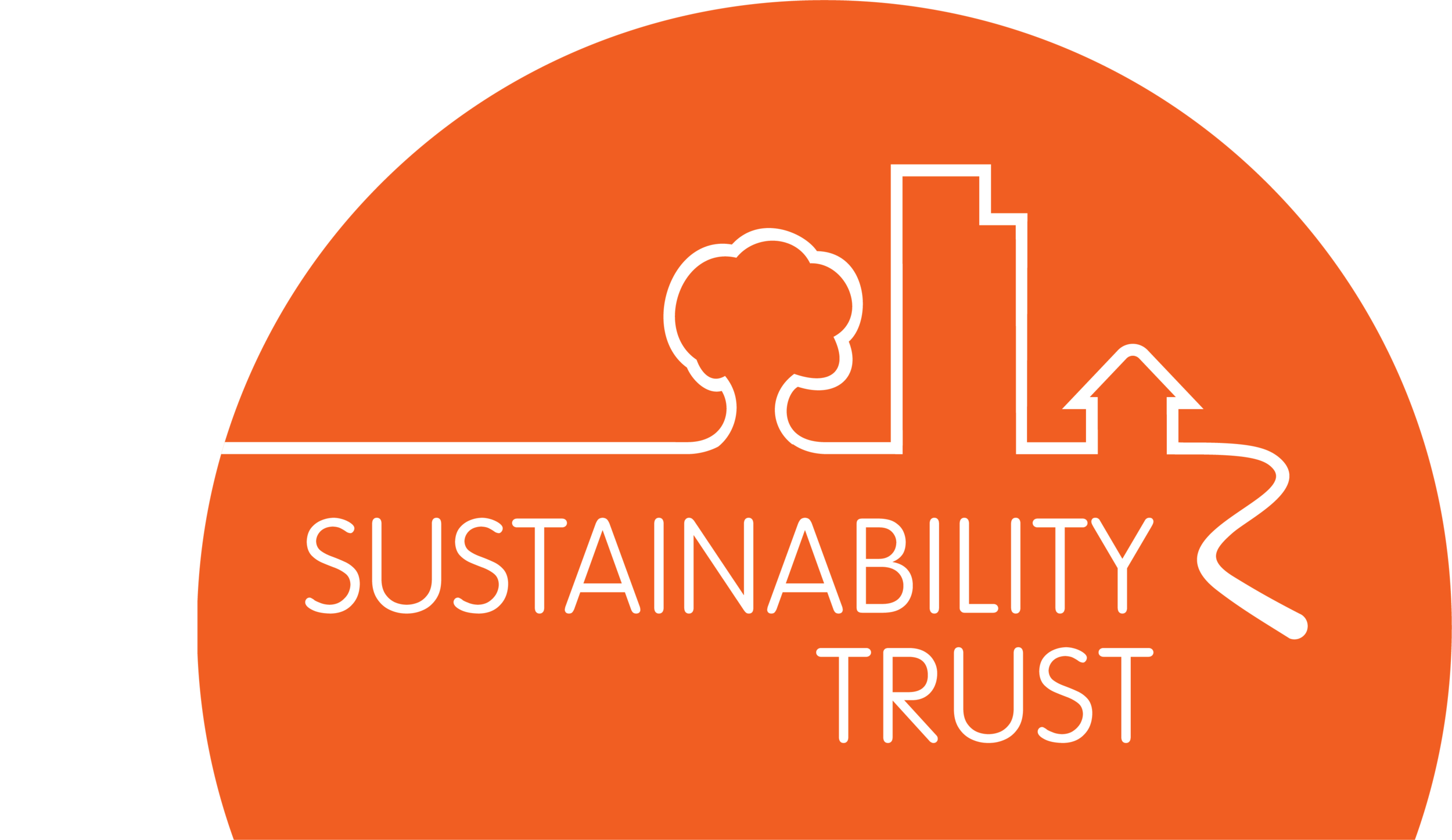A Zero Waste Plan for Welly
Published 15 October 2021
A Zero Waste Plan for Welly
We’re part of Waste Free Welly, an open and collaborative group of individuals and organisations working to progress the vision of zero waste in the Wellington Region. As a collective, we believe that Wellington should start working towards a zero-waste vision.
This is why we put forward recommendations to Wellington City Council on their strategic waste review and proposed residual disposal treatment options.
Here’s an overview of our proposed recommendations discussed at theInfrastructure Committee meeting on 14 October 2021.
First up, why is zero waste so important?
In Te Ao Māori, everything has a circular, reciprocal relationship, interconnected through whakapapa and intergenerational responsibilities. The current approach to resource use and waste is linear, by intentional design. As we transition towards a completely circular system, it is critical that circular systems are applied wherever possible along the entire linear system to recover resources into circular processes. The benefits of this transition are reductions in carbon emissions, increased resilience and community cohesion, local economic development and reduction in plastic pollution.
About the Strategic Waste Review
Council has been doing the strategic waste review with independent consultants doing a critical review of the existing waste systems. As a result of this work, a draft Waste Minimisation Roadmap was on the table for discussion. We fully welcome initial involvement in the process.
We love the aspirations of this document, welcome the goal of the Council to become a leader in minimising waste and the recognition that we need to shift to reuse and other opportunities at the top of the waste hierarchy. We were also pleased to see that partnership with mana whenua and the community is something recognised as important for the successful delivery of the plan.
When reviewing the document, we saw that there was a mismatch between the ambition of the roadmap and the plans for implementation. They were also treating waste reduction and residual waste treatment as issues that should be addressed separately, which didn’t make sense to us.
Residual waste is all the waste that currently ends up in a landfill. Five options were on the table for dealing with our residual waste, include investing in: a waste incinerator, expanding recycling sorting capabilities, a treatment to dry and reduce biological material, extending the Southern Landfill allowing the landfill to close when its consents expire.
We made recommendations to Council around ambition, robust decision making and partnership.
AMBITION: close the gap between ambition and their implementation plans, strengthening the list of proposed initiatives. Our priorities for action are organic waste, reuse economy and resource recovery.
ROBUST PROCESS FOR INFORMED DECISIONS: Align the process for looking at waste disposal options with the strategic waste roadmap incorporating the broader economic, social and environmental benefits for the city of implementing a zero waste vision. Reframe the various waste disposal options in relation to a circular economy and ensure that residual treatment options, including landfills, are the destination of last resort.
PARTNERSHIP: require a co-design process that involves Waste Free Welly, Para Kore, local residents and mana whenua in the working group. Ensure the agreements made in Te Tiriti o Waitangi are applied to the re-design of waste systems that protect taonga and uphold tino rangatiratanga.
We listened in on all the public participation and were so pleased to hear similar messages coming from Ōwhiro Bay Community group and Friends of Ōwhiro Stream!
If you would like to review our submission, you can check it out here.
Oh yeah, and just in case you were wondering … Wellington City Council pretty much took on board all of our recommendations! You can read all the amendments in full here.
So, watch this space as we march into a new way of dealing with waste.
Waste Free Welly is made up of enterprises, advocates, educators, researchers, NGOs, and consultants including Para Kore, The Rubbish Trip, Kaicycle, Nonstop Solutions, Sustain Aotearoa, Usedfully and many more.

